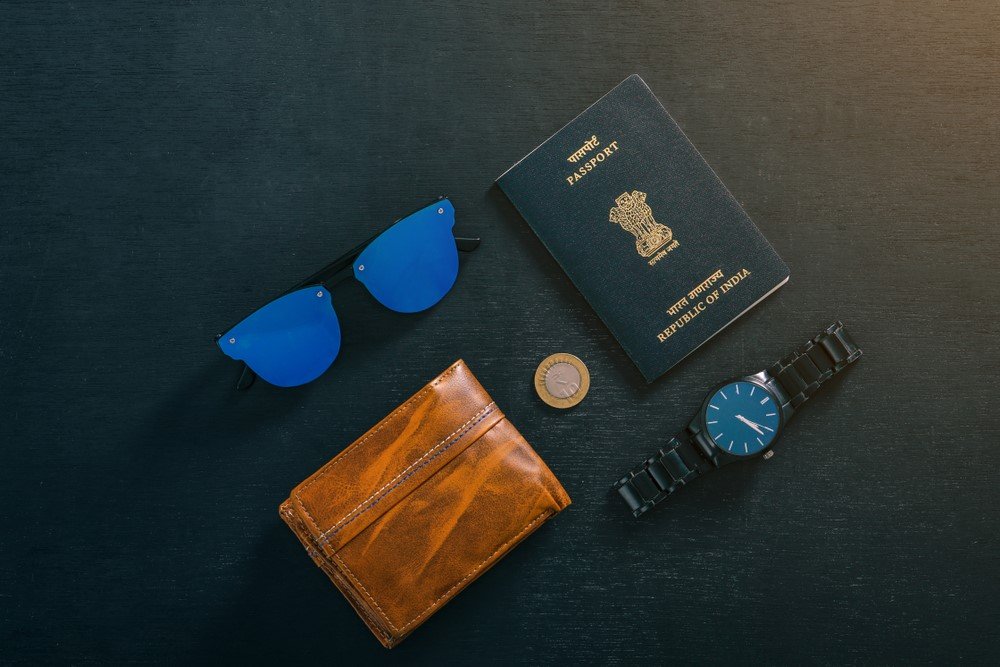India is a country with diverse cultures, vibrant landscapes, and a rich history. Every year, millions of tourists, businessmen, and students visit India. However, before you plan your trip, you need to understand the different types of Indian visas available and which one to choose based on your travel purpose. In this article, we will discuss the different types of Indian visas and help you choose the right one for your trip.
Tourist Visa
The tourist visa is the most common type of visa for those who plan to visit India for tourism or sightseeing purposes. It is valid for up to six months and allows multiple entries to India during the visa validity period. If you plan to visit India for a short duration of up to 90 days, a tourist visa is the best option.
Business Visa
The business visa is for those who plan to visit India for business purposes, such as attending conferences, meetings, or negotiating contracts. The business visa is valid for up to one year and allows multiple entries to India. If you plan to visit India for a longer duration, a business visa is the right option.
Student Visa
The student visa is for those who plan to pursue their education in India. It is valid for the duration of the course or up to five years, whichever is less. The student visa allows multiple entries to India during the validity period. If you plan to study in India, you need to apply for a student visa.
Employment Visa
The employment visa is for those who plan to work in India. It is valid for up to one year or the duration of the employment contract, whichever is less. The employment visa allows multiple entries to India during the validity period. If you plan to work in India, you need to apply for an employment visa.
Medical Visa
The medical visa is for those who plan to visit India for medical treatment. It is valid for up to one year and allows multiple entries to India during the validity period. If you plan to visit India for medical treatment, you need to apply for a medical visa.
Conference Visa
The conference visa is for those who plan to attend a conference or seminar in India. It is valid for up to six months and allows single or multiple entries to India during the validity period. If you plan to attend a conference or seminar in India, you need to apply for a conference visa.
Also read: How Japanese Citizens can apply Indian Visa
E-Visa
The e-visa is a digital visa that allows tourists, businessmen, and medical visitors to enter India for a short duration. It is valid for up to 60 days and allows double entries to India during the validity period. If you plan to visit India for a short duration and do not want to go through the lengthy visa application process, an e-visa is the right option.
Amazing things In India
Food
Indian cuisine is renowned for its diversity, flavors, and spices. From savory curries to sweet desserts, Indian food offers a unique and unforgettable culinary experience. Each region of India has its own specialty dishes, and the street food culture in cities like Delhi and Mumbai is a must-try for foodies.
Wildlife
India is home to some of the most exotic and endangered species of animals in the world. From majestic tigers to playful elephants, the wildlife in India is diverse and fascinating. National parks like Ranthambore, Bandhavgarh, and Kanha offer incredible opportunities to see these animals up close in their natural habitat.
Festivals
India is a land of festivals, and each festival has its unique customs and traditions. From Diwali, the festival of lights, to Holi, the festival of colors, these celebrations bring people together from all walks of life and are a true reflection of India’s diversity and unity.
History and Heritage
India has a rich and fascinating history that is visible in its many heritage sites and monuments. From the ancient ruins of Hampi to the majestic forts of Rajasthan, India’s history is a tapestry of different cultures, religions, and traditions.
Yoga and Ayurveda
India is the birthplace of yoga, an ancient practice that has become popular around the world for its physical and mental benefits. Ayurveda, another ancient practice, is a system of medicine that focuses on holistic healing and wellness. Both yoga and Ayurveda have become popular worldwide, and India is still one of the best places to learn and practice these ancient traditions.
In conclusion
The type of visa you need to apply for depends on the purpose of your visit to India. It is essential to choose the right visa type and provide accurate information while applying for the visa to avoid any delays or rejection. Consult with a visa consultant or Indian embassy in your country to understand the visa requirements and choose the right type of visa. With the right visa in hand, you can enjoy your trip to India without any worries.



